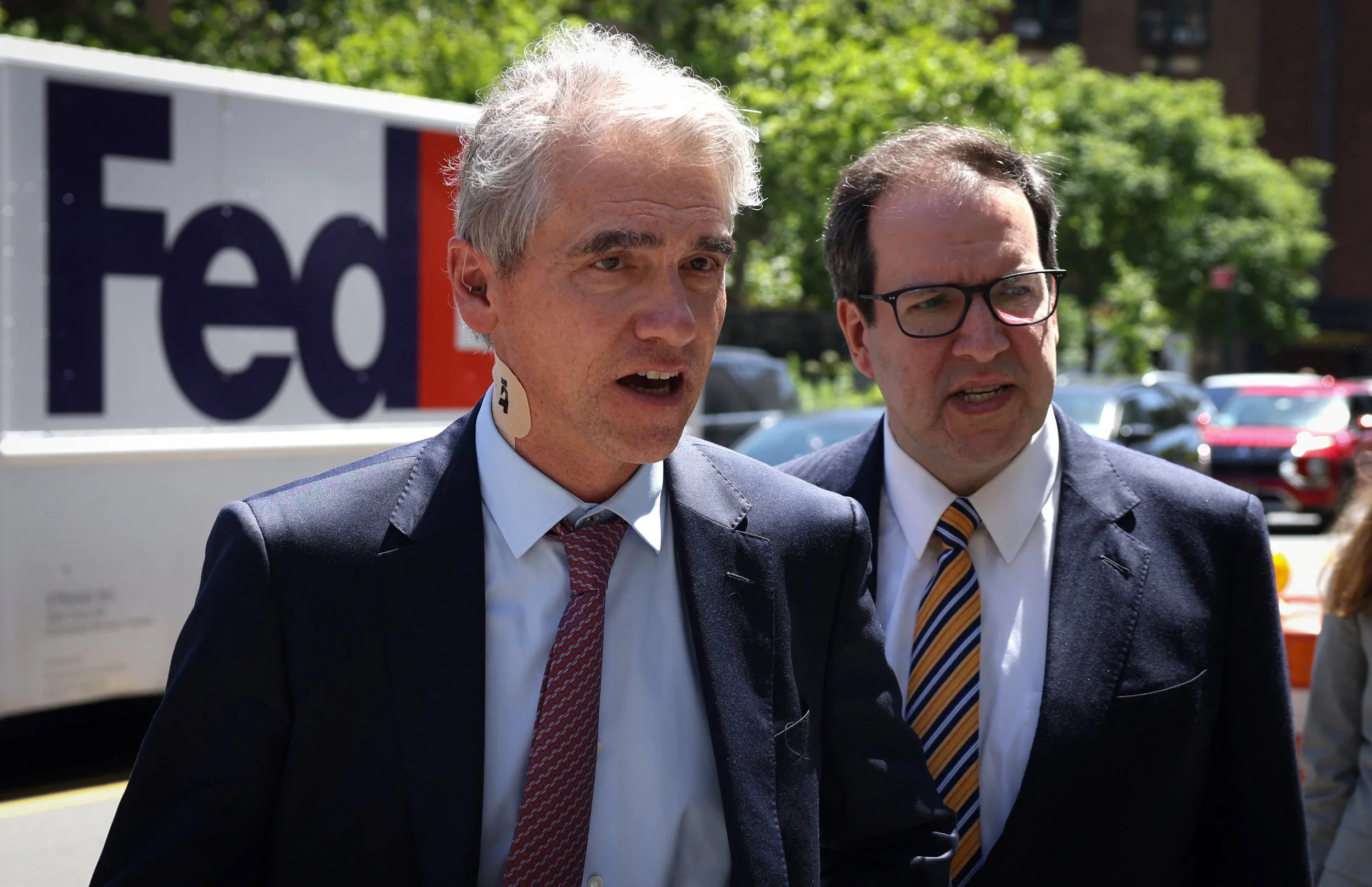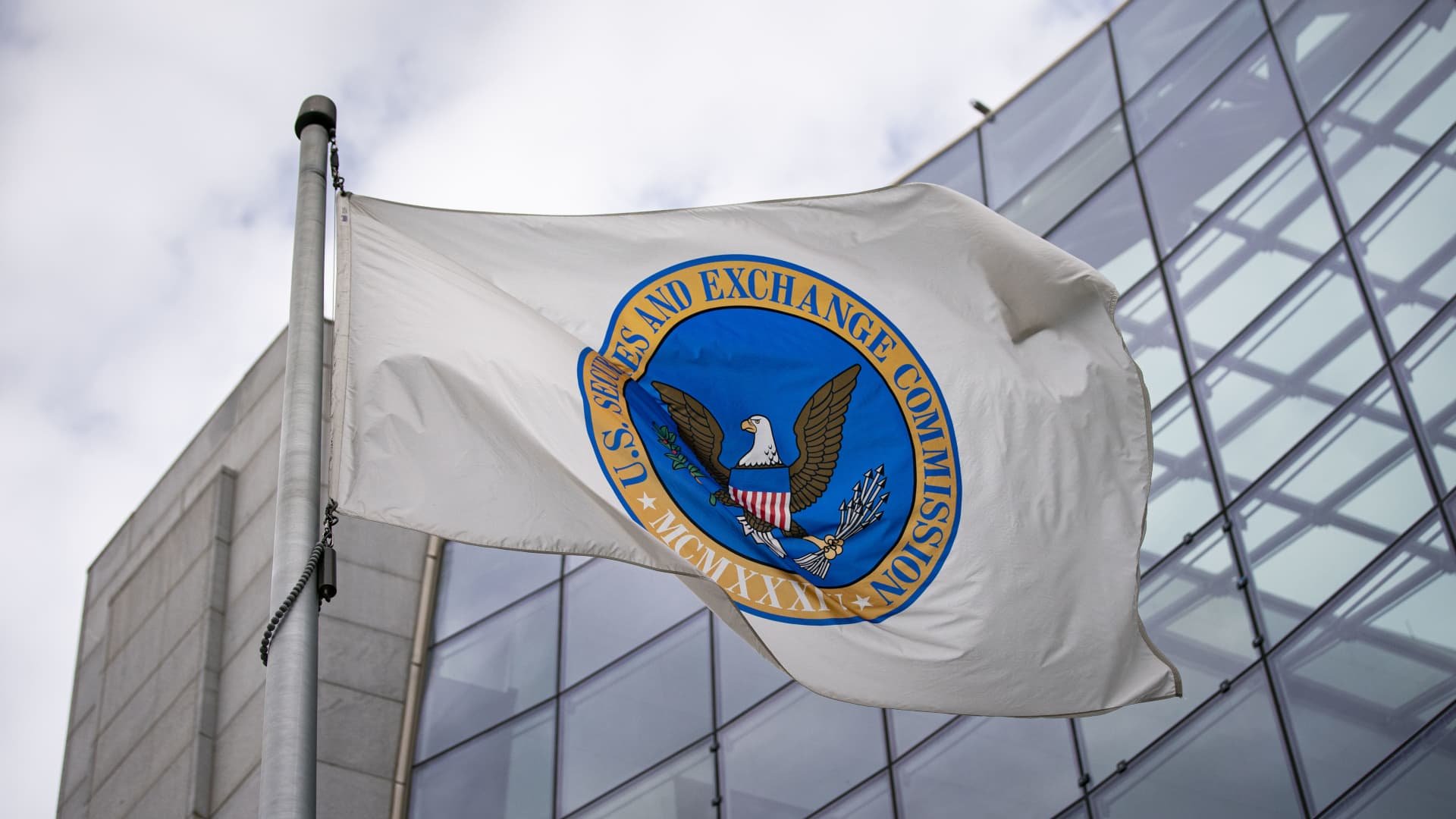
Insights & Regulatory Updates

FINRA’s December Meeting: Outside Activities Reform and Emerging Legal Challenges
The December 2024 FINRA Board of Governors meeting comes at a critical juncture, as the organization seeks to modernize its regulatory frameworks while grappling with heightened scrutiny of its authority and practices. Key among the discussions was FINRA’s proposal to consolidate its Outside Business Activities (OBA) and Private Securities Transactions (PST) rules into a unified Outside Activities Requirements Rule. However, this initiative takes place against the backdrop of two significant legal challenges: the Alpine Securities Corp. v. FINRA ruling, which questioned FINRA’s expedited expulsion procedures, and the federal lawsuit Preston v. SEC, which challenges the validity of FINRA Rule 3270 governing outside activities.

Crypto Advocates Celebrate as Caroline Crenshaw’s Renomination Vote is Canceled
In a notable development for the cryptocurrency industry, the Senate Banking Committee has canceled its vote on the renomination of SEC Commissioner Caroline Crenshaw. Originally scheduled for Wednesday, the vote was postponed due to a procedural conflict, according to a report by FOX Business journalist Eleanor Terrett. With Congress set to adjourn on December 20, this delay ensures that Crenshaw’s renomination will not be processed in time, leaving her future on the Commission uncertain.

ICAN Petitions Court to Compel SEC Review of “Accredited Investor” Rule
The Investor Choice Advocates Network (ICAN) has filed a writ of mandamus seeking to compel the SEC to review its definition of “accredited investor,” sparking renewed debate over a long-standing rule that governs participation in private investment markets. At the heart of the issue is whether the current standard, which limits eligibility based on income or net worth, strikes the right balance between protecting investors and fostering economic growth.

Crypto Groups Push Back Against Crenshaw Nomination: How Much Power Can One Commissioner Wield?
The nomination of U.S. Securities and Exchange Commission (SEC) member Caroline Crenshaw is sparking fierce resistance from the crypto industry. Dubbed “even more extreme” than SEC Chair Gary Gensler by critics, Crenshaw’s reappointment is being targeted through digital ad campaigns and lobbying efforts. The Cedar Innovation Foundation, a dark-money group backed by unnamed crypto interests, has taken center stage in this opposition, citing her consistent criticism of digital assets and reluctance to approve spot bitcoin exchange-traded funds (ETFs).

SEC Exam Priorities for 2025: What They Mean for Investment Advisers
The Securities and Exchange Commission (SEC) has released its exam priorities for 2025, providing a roadmap for investment advisers to align their compliance programs with the regulator’s expectations. While the political transition under President Donald Trump may result in fewer enforcement actions than under the Biden administration, certain core priorities remain steadfast, regardless of the administration.

Corporate Transparency Act on Pause Pending DOJ Appeal: What it Means for January 1 and Beyond
On December 5, 2024, the Department of Justice (DOJ), on behalf of the Department of the Treasury, filed a Notice of Appeal to the Fifth Circuit Court of Appeals, challenging the nationwide preliminary injunction halting the enforcement of the Corporate Transparency Act’s (CTA) beneficial ownership information (BOI) reporting requirements. The injunction, issued by the U.S. District Court for the Eastern District of Texas, has left companies wondering: What does this mean for compliance? What happens next? And how long will the uncertainty last?

Ex-Allianz Fund Manager Avoids Prison
The former Chief Investment Officer of Allianz Global Investors (AGI) and co-lead portfolio manager of the Structured Alpha funds, recently avoided prison despite pleading guilty to investment adviser fraud. The case, involving over $7 billion in losses for institutional investors, serves as a pivotal example of the risks and responsibilities in financial markets.

Reframing the Critiques of a U.S. Bitcoin Reserve: A Legal, Economic, and Strategic Analysis
The concept of the U.S. government establishing a Bitcoin reserve has been met with widespread skepticism. Bloomberg’s recent editorial, “Donald Trump’s Bitcoin Reserve Would Rip Off Taxpayers,” encapsulates the majority of critiques, which dismiss Bitcoin as speculative, a waste of taxpayer money, and an unnecessary risk to fiscal stability. These critiques, however, fail to account for the legal, economic, and strategic rationale underlying the proposal, as exemplified by the recently introduced BITCOIN Act of 2024.

What to Expect from SEC Chair Paul Atkins: Potential Reforms and Priorities
The nomination of Paul Atkins as Chair of the Securities and Exchange Commission (SEC) signals a new era for the agency. This article explores 13 potential reforms and priorities that could define Atkins’ leadership, based on his past positions, public statements, and the regulatory landscape he inherits.

Heightened SEC Scrutiny: Investment Advisers' MNPI Policies Under the Microscope
The Securities and Exchange Commission (SEC) is intensifying its scrutiny of investment advisers’ compliance programs, particularly concerning policies and procedures designed to prevent the misuse of material nonpublic information (MNPI). Recent enforcement actions reveal that even well-intentioned but inadequately tailored policies can fall short of regulatory expectations, underscoring the importance of aligning compliance efforts with the unique risks of an adviser’s business activities.

Trump Reportedly Considers Crypto Advocate Paul Atkins for SEC Chair Role
On December 3, 2024, reports emerged that Donald Trump is reportedly considering crypto-friendly Paul Atkins to lead the Securities and Exchange Commission (SEC), though no official announcement has been made. If confirmed, this move could signal a potential seismic shift in the regulatory approach to cryptocurrency under a new administration. According to the cryptocurrency-focused outlet Unchained, three anonymous sources have confirmed that Trump has approached Atkins for the role, though a decision from Atkins has yet to be announced.

NAM Advocates for SEC Oversight of Proxy Advisory Firms
On December 3, 2024, the National Association of Manufacturers (NAM) filed a brief with the U.S. Court of Appeals for the D.C. Circuit, urging the court to overturn a lower court decision that challenges the Securities and Exchange Commission’s (SEC) authority to regulate proxy advisory firms. This development marks the latest chapter in NAM’s long-standing campaign to ensure proper oversight of these powerful entities.

JPMorgan Employee Challenges SEC Regulation of Outside Activities
On December 3, 2024, a federal lawsuit filed in the U.S. District Court for the District of Arizona challenges the authority of the Securities and Exchange Commission (SEC) to regulate outside business activities of employees through its oversight of Financial Industry Regulatory Authority (FINRA) rules. The case, Preston v. SEC, No. 2:24-cv-03396, raises significant constitutional and administrative law questions.

Navigating the SEC's FY 2024 Enforcement Landscape: Trends, Takeaways, and What Lies Ahead
The SEC’s Enforcement Division's 2024 annual report reveals a dramatic shift in its enforcement approach during the fiscal year (October 2023–September 2024), with a striking 26% decline in total enforcement actions compared to 2023. This marked a sharp departure from the post-pandemic trend of rising enforcement activity.

FINRA Likely to Amend Expulsion Practices in Wake of D.C. Circuit Ruling
The Financial Industry Regulatory Authority (FINRA), the financial industry’s self-regulator, faces a turning point following a recent ruling by the U.S. Court of Appeals for the D.C. Circuit. In Alpine Securities Corp. v. FINRA, the court held that FINRA’s expedited expulsion proceedings likely exceed its authority without prior oversight from the Securities and Exchange Commission (SEC). This decision has significant implications for FINRA’s enforcement practices and the broader broker-dealer landscape.

D.C. Circuit Issues Long-Awaited Decision in Alpine v. FINRA
On November 22, 2024, the D.C. Circuit issued a landmark decision in Alpine Securities Corporation v. FINRA, a case that examines the constitutional boundaries of the Financial Industry Regulatory Authority’s (FINRA) enforcement powers. The ruling enjoined FINRA from expelling Alpine Securities Corporation without prior SEC review, emphasizing the limitations of expedited enforcement proceedings under the nondelegation doctrine.

WisdomTree Files S-1 for Spot XRP ETF with SEC
New York-based asset manager WisdomTree has made waves in the digital asset space with the filing of a Form S-1 registration statement with the Securities and Exchange Commission (SEC) for a spot XRP exchange-traded fund (ETF). This development reflects the firm’s ongoing commitment to expanding its crypto-focused investment products amidst an evolving regulatory environment.

SEC Enforcement Trends in Fiscal 2024: Record Remedies Despite Decline in Actions
The U.S. Securities and Exchange Commission (SEC) recently released its enforcement report for fiscal 2024, detailing a year of record-breaking financial remedies amidst a significant decline in the total number of enforcement actions. While the total actions dropped by 26% compared to the previous fiscal year, the SEC obtained an unprecedented $8.2 billion in financial remedies—a testament to the agency’s focused efforts in high-stakes cases.

The SEC at a Crossroads: Gensler’s Exit, Trump’s Administration, and the Future of Regulation
The Securities and Exchange Commission (SEC) stands on the brink of significant change as current Chair Gary Gensler prepares to step down on January 20, 2025. This leadership transition coincides with President-elect Donald Trump’s inauguration and promises to reshape the regulatory landscape for years to come.

FINRA Dialing Back DEI and Racial Justice Initiatives Amid Conservative Pressure: A Call for Authentic, Impactful Change
The Financial Industry Regulatory Authority (FINRA) has made significant changes to its online content, quietly removing pages that promoted its diversity, equity, inclusion (DEI), and racial justice efforts. These revisions follow an increasing conservative backlash against DEI initiatives across multiple sectors.
